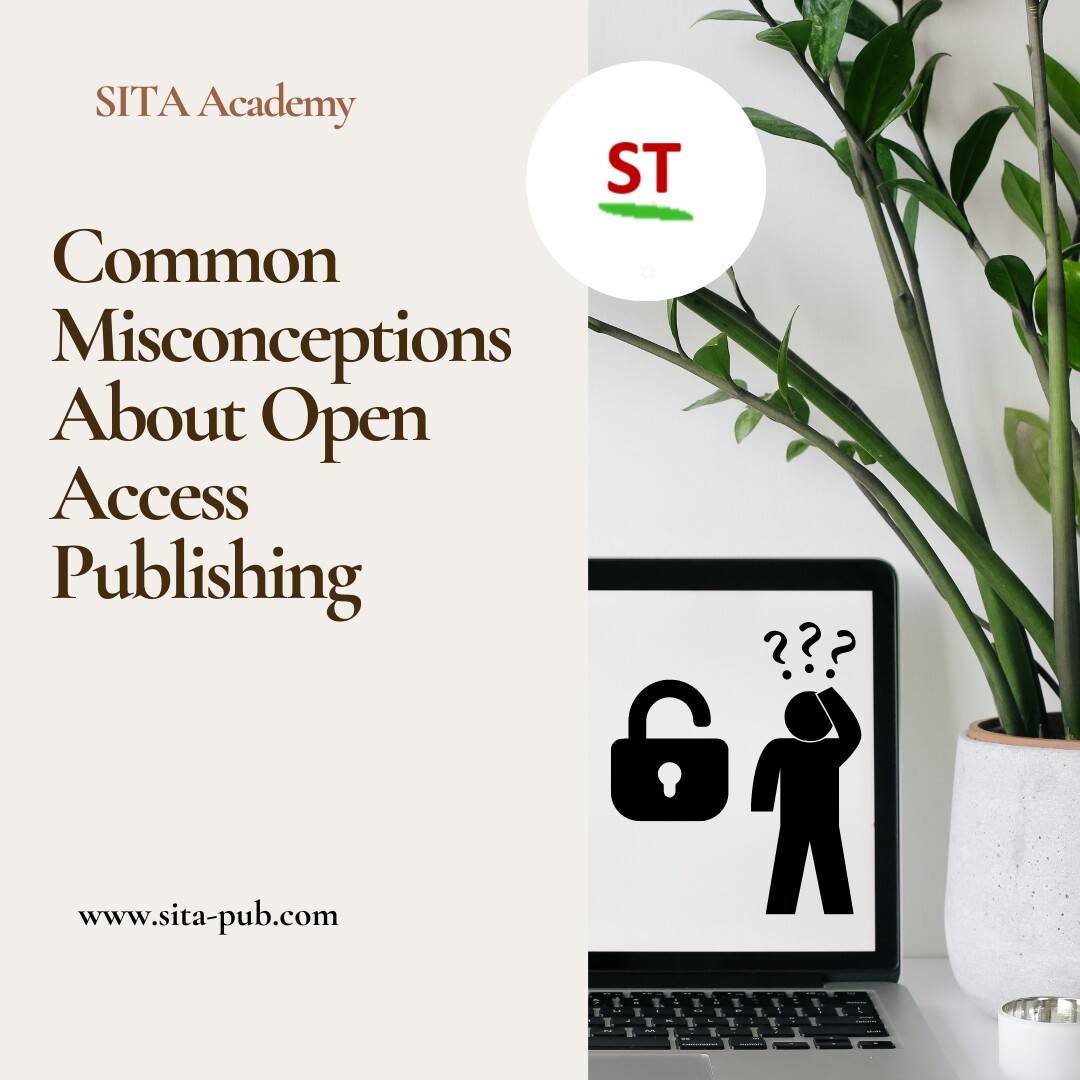Common Misconceptions About Open Access Publishing


Open access publishing has become popular in recent years, but many people still have misunderstandings about it. Let’s look at some common myths about open access journals and the truths behind them.

Many people think that open access journals are not good quality. While some journals may not be reputable, many well-known open access journals have a strict peer review process. This means that experts check the research before it is published, ensuring that the work is reliable and credible.
Some believe that open access publishing is completely free for authors. However, many open access journals charge authors a fee called an article processing charge (APC) to publish their work. Some universities or funding organizations can help pay these fees, making it easier for researchers to publish their studies.
Some think that open access publishing is only a temporary trend. In fact, it is becoming a standard practice in academic research. Many universities and governments support open access because it makes research available to everyone. This movement is growing and is not going away.
Not all open access journals take advantage of authors. While some may charge high fees without providing good services, many reputable open access journals are recognized and respected. Researchers should check the journal’s reputation, editorial board, and review process to ensure it is legitimate.
There is a belief that articles in open access journals are cited less often than those in traditional journals. However, studies show that open access articles often receive more citations. This is because they are easier for people to find and read, leading to a wider audience and greater publication impact.
Some authors think that publishing in open access journals means they lose their copyright. In reality, many open access journals allow authors to keep their copyright. This means authors can still use their work in future publications and share it under certain conditions, maintaining their intellectual property rights.
Many believe that open access publishing is only for science. However, it is also used in the humanities, social sciences, and other fields. Scholars from many areas are using open access to share their work and reach a broader audience.
Understanding open access publishing is important for researchers and authors. By knowing the facts and clearing up these common misconceptions, authors can make better choices about where to publish their work. Open access publishing is a valuable way to share knowledge, promote collaboration, and connect with others in different fields. Embracing open access can enhance the visibility and impact of research.
SITA Academy
SITA Academy is a top provider of academic services around the world, helping students, researchers, and professionals succeed. With many years of successful experience, we offer a variety of services to improve research quality and academic work. Our team is dedicated to providing personalized support to ensure that each client reaches their goals.
A List Of Our Services

If you have any questions, inquiries, or would like to learn more about our services, please don't hesitate to reach out to us. Our dedicated team is ready to assist you.